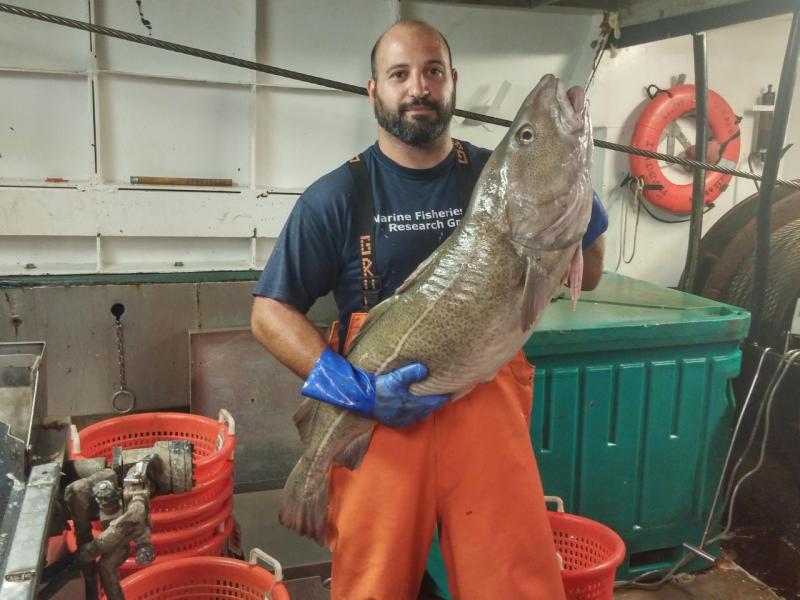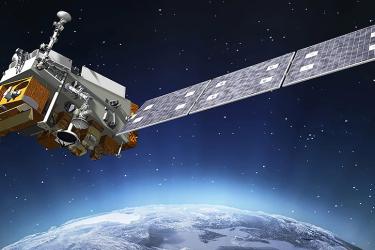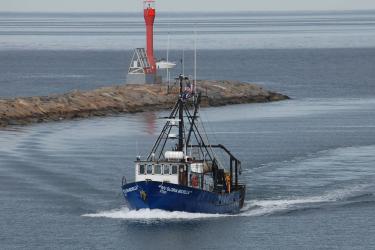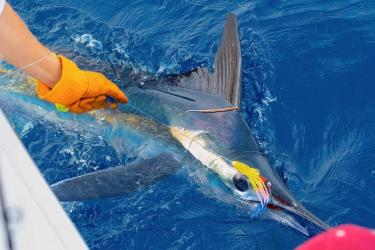The Marine Resource Education Program (MREP), best known for its fisheries science and management workshops, has recently extended its curriculum to address emerging topics such as concepts in ecosystem-based fishery management. That’s the topic of the session going on this week in New Bedford, MA and Pt. Judith, RI.
For more than a decade, MREP has helped bridge the gap between science and industry in New England. It has fostered new collaborative research, and spurred important discussions and leadership in fisheries management. Interested participants apply for the program ahead of time and workshop seating is limited.
For the workshop this week, there’s a mix of discussion and hands-on tours that include visiting fishing vessels in Pt. Judith, RI, and seafood businesses such as the Sea Trade processing facility in New Bedford. Industry discussion moderators help ensure productive exchange of ideas.
Northeast Fisheries Science Center fishery biologists John Manderson, Sarah Gaichas, and Sean Lucey will explore the wealth of scientific data that come to bear in an ecosystem framework for fishery management. They’ll also discuss with the group implications for governance, and setting goals as well as prioritizing the use of ecosystem services.
To experience the human dimensions of the fishery ecosystem, the workshop participants will visit the docks and marine businesses at Pt. Judith, RI. there, groundfish industry vessels involved in the NEFSC’s Cooperative Research Branch study fleet will host visitors onboard, and demonstrate how they collect critical tow-by-tow acoustic and environmental data used in the ecosystem modeling and that helps inform stock assessments. Facilitated discussion periods will allow Andy Lipsky and Christopher Sarro of the Cooperative Research Branch, NEFSC Population Dynamics staff, and industry leaders to brainstorm about new data collection and how to incorporate study fleet data into modeling to improve understanding of our ecosystem.
Kiersten Curti, NEFSC fishery biologist, will talk about the 2017 Atlantic mackerel stock assessment. Workshops conducted during the assessment’s development provided a way for fishermen to contribute information that helped inform multiple aspects of the assessment and to further thinking on trends in mackerel population ecology.
Geret DePiper, NEFSC economist, plans to talk about fleet diversity and economic indicators in an ecosystem context.
The Gulf of Maine Research Institute facilitated development of MREP’s Ecosystem-Based Fishery Management Workshop. It was designed by a planning team that included people from NOAA Fisheries’ Northeast Fisheries Science Center and its Greater Atlantic Regional Fisheries Office, federal fishery management councils, and the seafood industry.



